The Europaeum’s Core Programme of events and activities provides a range of mainly in-person opportunities for postgraduate students from member universities to explore issues at the intersection of scholarship and policy-making.
Around eight to ten Core Programme events are organised by the Europaeum each year, rotating among the network’s member universities. These include spring, summer and winter schools in different cities, as well as an annual Brussels policy seminar each autumn designed to help students understand the EU political system in depth.
The Europaeum’s Core Programme events are usually offered at no cost to participants and aim to involve students actively in proceedings by, for example, presenting papers or chairing sessions. Participants also hear from a range of keynote speakers and panellists, as they share perspectives and gain insights into intellectual and policy issues.
The Core Programme events are usually residential, usually lasting three or four days, with between 12 and 45 students participating in each event. Any Master’s or doctoral student from any member university of the Europaeum may apply. Calls for applications are posted on the Europaeum website and advertised within member universities. Selection is by a rigorous applications process.
The 2024 Core Programme included events on media and ambivalence (in Lisbon), survivance and survival (Tartu), making sense of turbulent times (Oxford), flourishing (Helsinki), marginalised histories (St Andrews), the impact of elections in 2024 (Brussels) and critical thinking in the classics (Berlin).
The 2025 Core Programme includes events on the European Green Deal (Madrid), democracy in Europe’s uncertain world (Prague – online), AI and the digital revolution (Luxembourg), multipolar antiquity (Leiden), strategic autonomy (Brussels) and the ‘future of the past’ (Oxford).
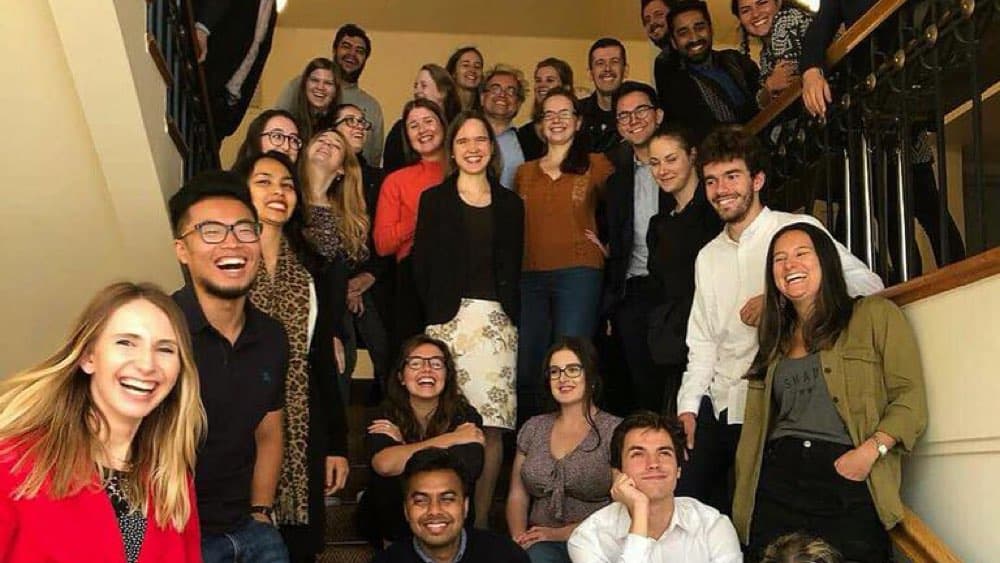
Forthcoming events
Estoril Political Forum
Catholic University of Portugal
4-6 June 2025
AI and the democratic future
Now closed for applications
Summer School on AI and the Digital Future
University of Luxembourg
7–9 July 2025
Now closed for applications
Classics Colloquium
“Multipolar Antiquity”
Leiden University
August 2025
Open for applications
Europaeum History Seminar
“The Future of the European Past”
University of Oxford, November 2025
CfA Coming Soon
Due to open for applications soon
Events so far in 2025…
Lisbon Communications School
UCP, Lisbon
January 2025
The Winter School
UCM, Madrid
February 2025
The Spring School
University of Oxford
17-20 March 2025
Resistance and Resilience
Apply to a Europaeum Event
Events & Activities Archive
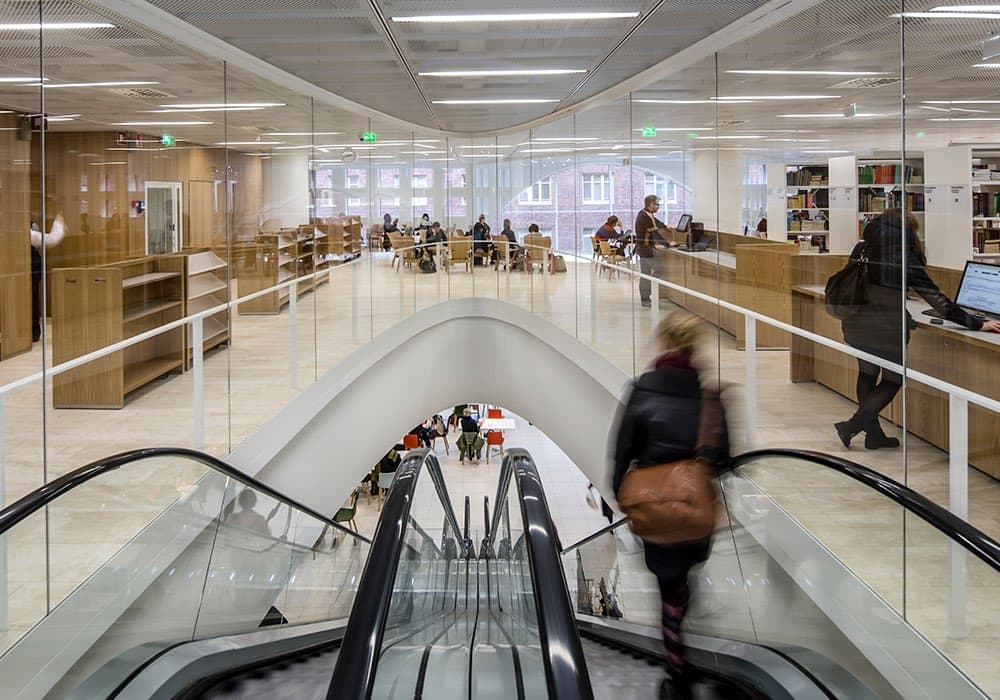
Europaeum Scholars Programme
Core Programme events can be a gateway for those considering applying to our flagship programme, the Europaeum Scholars’ Programme – a two-year policy and leadership course for a select few of the brightest doctoral students within the Europaeum network. Taken alongside a doctorate, it has eight modules, including seminars with leading academics and practitioners, professional skills training, and significant team activity (multidisciplinary groups work on how to “make Europe a better place”).
Read more about the Europaeum Scholars’ Programme.
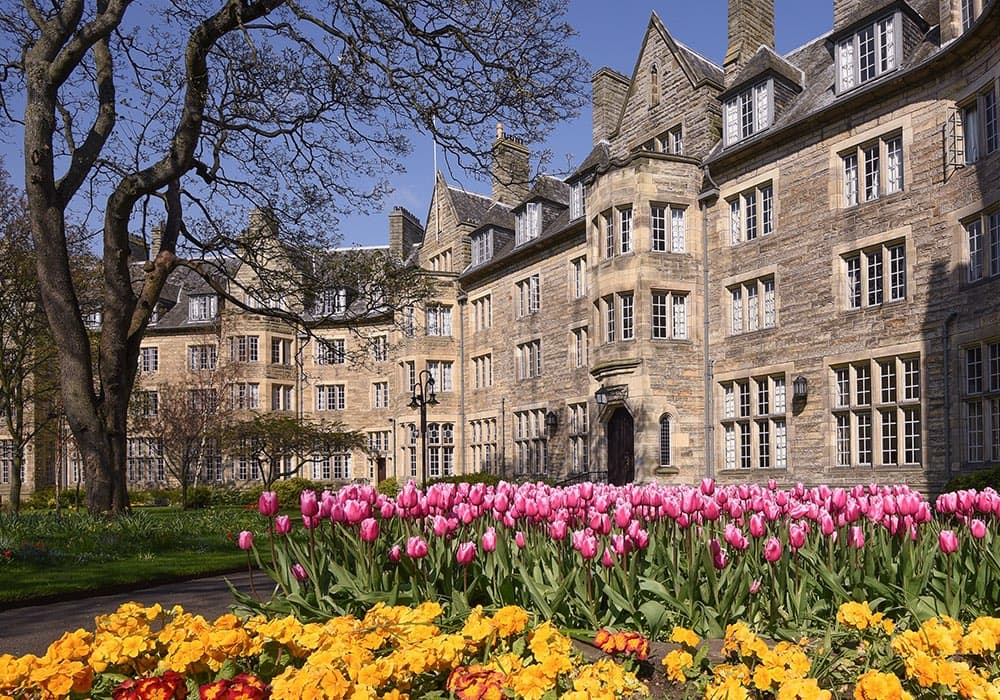
The Spring School
The Europaeum Spring School usually takes place in Oxford in April and brings together inspiring speakers, students from the network, and some students enrolled in one of the Europaeum joint MAs. 2023’s focus was on “Shifting Paradigms” and 2024’s was on “Turbulent Times“.
These broad themes lend themselves to a colourful palette of papers across disciplines and to maximum engagement through daily discussion groups.
The 2025 Spring School took place in March 2025 and revolved around the themes of “Resistance and Resilience”.
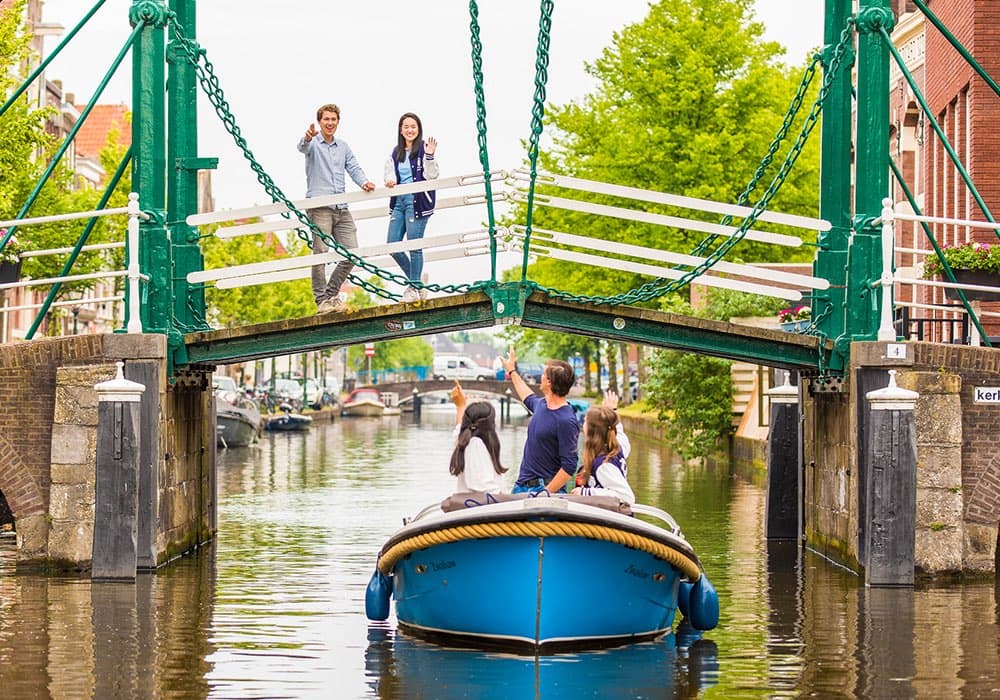
The Summer School
The Europaeum Summer School is a week-long annual flagship event for graduates to debate current issues. It usually takes place at one of the member universities, with a theme initiated by a particular local expertise or academic strength. Students are invited to give papers, join lively discussion groups, and take part in extra-curricular cultural elements of the programme.
The 2022’s Summer School, held at KU Leuven, debated “the Politics of Heritage”, while 2023’s at LMU Munich engaged “the Dialectics European Integration” and in 2024’s at St Andrews on Cultural Heritage and Archives.
The 2025 Europaeum Summer School on AI will take place at the University in Luxembourg from 7-9 July 2025.
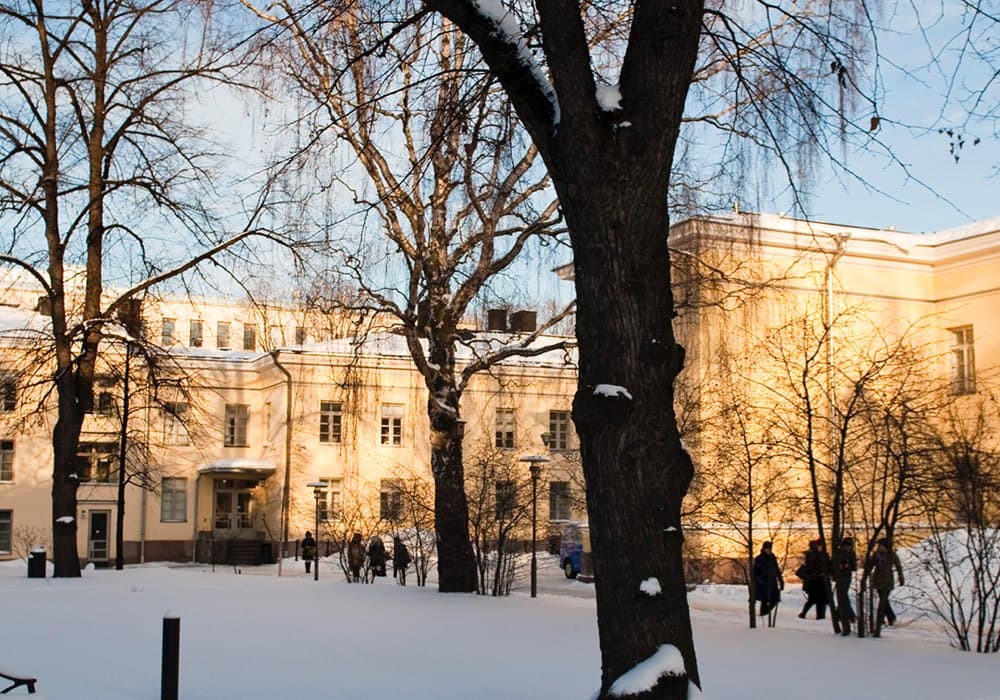
Winter Schools
Winter Schools arise from initiatives by member institutions who want to draw on a particular local strength or academic focus that may be topical to the moment. Themes are interdisciplinary and can be wide ranging.
The first Europaeum Winter School, held at UPF Barcelona in February 2022, discussed on Planetary Wellbeing, and the second, held at the Dutch Institute in Morocco (NIMAR) in March 2023 on The Magrib between Europe and Africa. The third, held at Tartu in January-February 2024, was entitled “Survivance and Survival: Theory and Method”.
This year’s Europaeum Winter School took place at Complutense University in Madrid in early February 2025 and discussed the Future of the EU Green Deal.
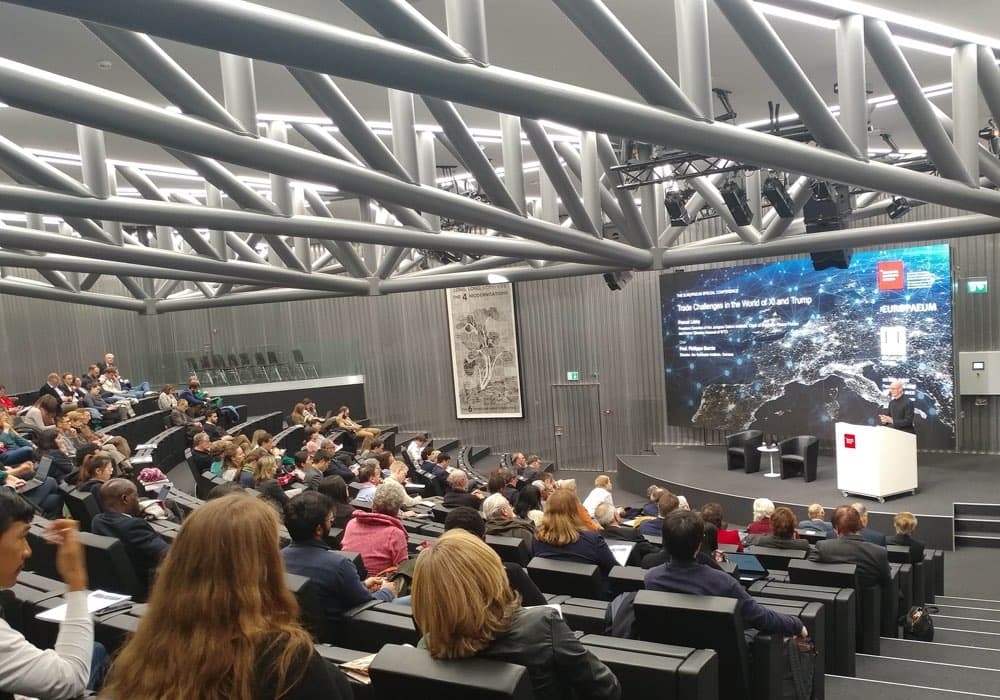
Conferences
The Europaeum organises high-level conferences on suitable and timely themes in collaboration with partners. It also occasionally offers support to member universities who wish to organise events at which a few selected students from the Europaeuma network will be invited to participate. Topics vary but always align with the Europaeum’s three themes: European History & Culture; European Policy-Making; and European Liberal Democracy and Citizen Engagement. Examples of this category of events include Recovering Europe’s Parliamentary Culture, 1500-1700 and the annual Estoril Political Forum.
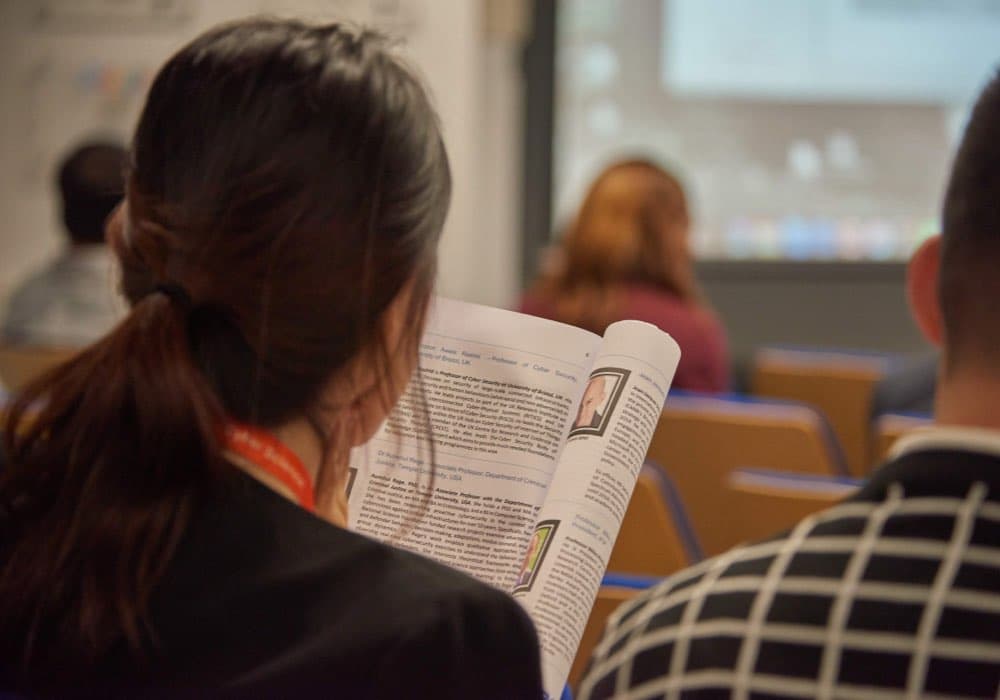
Seminars, Colloquia & Lectures
In addition to the Spring, Summer, and Winter Schools for students, an annual Policy Seminar takes place in Brussels or Luxembourg, in close collaboration with EU institutions. The annual Classics Colloquium looks at what Antiquity can teach us about the present day, bringing together presentations by leading academics in the network on a topic chosen (it is not necessarily exclusive to Classicists). Occasionally, distinguished speakers are invited to deliver lectures or webinars on relevant European topics.
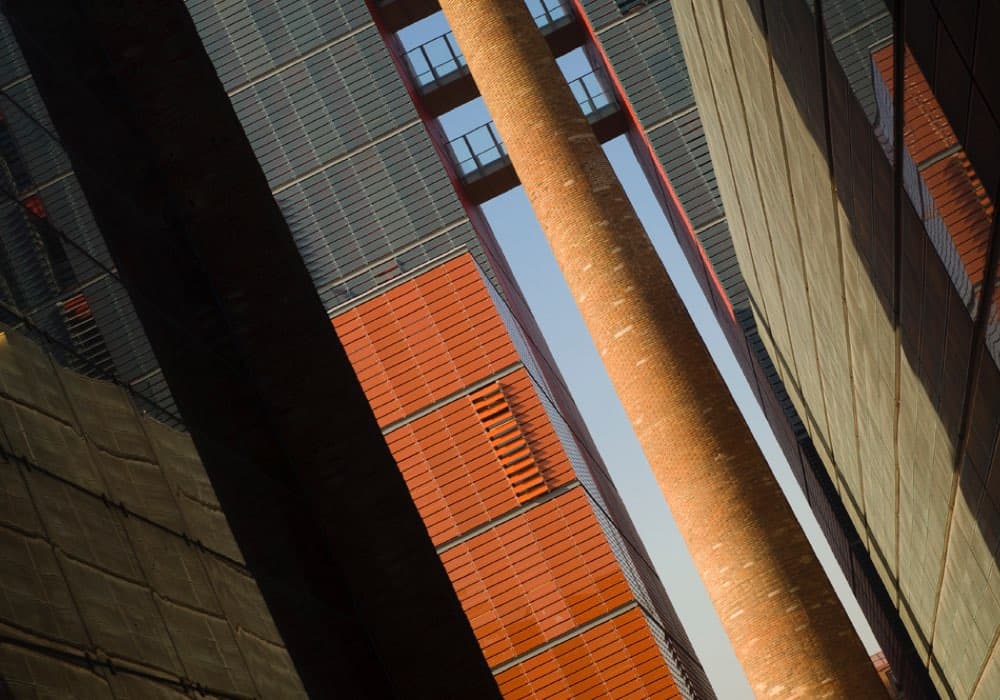
MA Programmes
MA Programmes, awarded by member universities under the Europaeum flag, give students the opportunity to spend study time at different universities during their enrolment. These are exciting international opportunities which are unique to the Europaeum and foster the sense of a connected Europe.
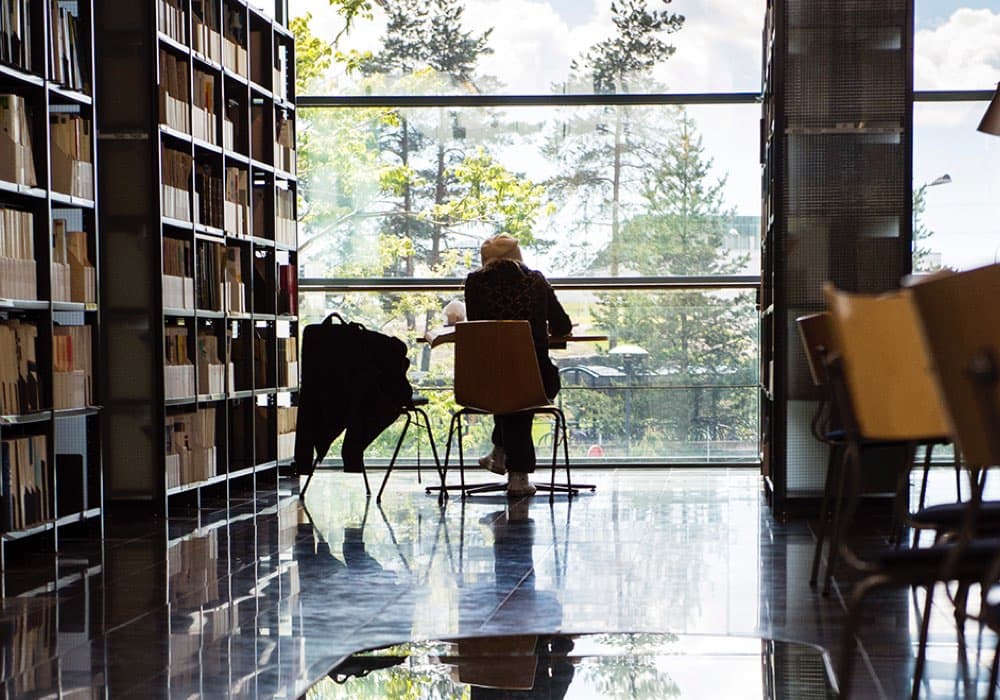
Bursaries & Exchanges
The Europaeum supports a small number of exchanges every year, with the generous help and cooperation of selected member universities and external donors. Currently, these opportunities exist for students from Geneva, Helsinki, Oxford and Prague.
Testimonials
What event participants said about their experience when replying to an anonymous feedback form:
